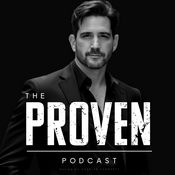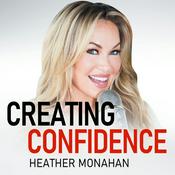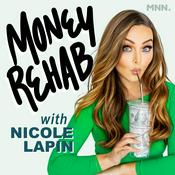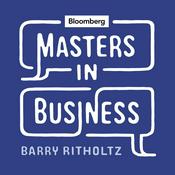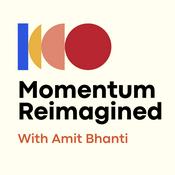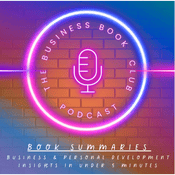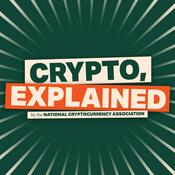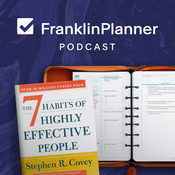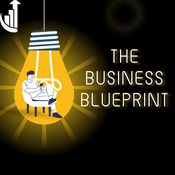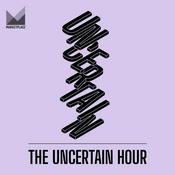73 episodes

Feeding the Family (bonus episode)
11/26/2025 | 52 mins.
We’re dropping into your feeds today to share this special bonus episode. For many people gathering around the table this holiday season, things feel a little different. Maybe it’s the cost of ingredients that’s on your mind, or cuts to USDA funding that have left your food bank running low. Or maybe it’s the simple reality of a packed schedule – there’s a lot to cook, and so little time. In this special from Marketplace, we bring listeners a collection of stories on the business and economics of food. Our reporters take us across the country to farms, home kitchens, and restaurants. We visit a refugee farmer in Houston, a chocolate-making lab in California, and stop for a bite at an award-winning restaurant in Portland.

Is grass-fed beef more nutritious? How can I waste less food? Is insect protein tasty?
11/12/2025 | 24 mins.
Throughout the season, we asked you all what questions you had about food, solutions and climate change, and you did not disappoint! In this episode, we find answers to your most pressing questions, like whether grass-fed beef is more nutritious than grain-fed, if cell-cultivated meat is considered an ultra-processed food, and we find out what’s going on with insect protein (of course, a taste test is involved). Plus some tips for reducing food waste.

The Dry Line
11/05/2025 | 33 mins.
The 100th meridian is the longitudinal boundary separating the humid East and the arid West. Researchers say the dry line is moving east because of climate change, threatening some of our cheapest and most reliable crops, like wheat and corn. In this episode, Amy drives across Kansas to talk to farmers on both sides of the dry line to see how they’re adapting to climate change. And we hear from a scientist who’s trying to breed crops that will thrive in a hotter, drier world.

What the World’s Farmers Can Teach Us About Climate Resilience
10/29/2025 | 22 mins.
Climate change is transforming how the world grows and eats. In this episode, host Amy Scott talks with New York Times international climate correspondent Somini Sengupta about what she’s learned from farmers adapting to extreme weather. From drought-resistant crops to regenerative practices, Sengupta shows how communities on the front lines of climate change are finding new ways to survive and feed their families — and what their stories can teach us about building a more resilient global food system.

The Land Problem
10/22/2025 | 33 mins.
About a third of the greenhouse gases cooking our planet come from our food. Agriculture and livestock production are incredibly taxing on the planet. To curb the impact, we need to drastically reduce the amount of land we use to make food, while at the same time making more food for a growing population. How are we going to do that? In this episode we go fishing with an eccentric rancher in Northern California and hop over to Colorado to get a rare peek into the demonized factory farm industry on our hunt for answers.
More Business podcasts
Trending Business podcasts
About How We Survive
Listen to How We Survive, REAL AF with Andy Frisella and many other podcasts from around the world with the radio.net app
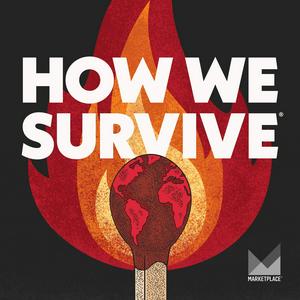
Get the free radio.net app
- Stations and podcasts to bookmark
- Stream via Wi-Fi or Bluetooth
- Supports Carplay & Android Auto
- Many other app features
Get the free radio.net app
- Stations and podcasts to bookmark
- Stream via Wi-Fi or Bluetooth
- Supports Carplay & Android Auto
- Many other app features


How We Survive
download the app,
start listening.


